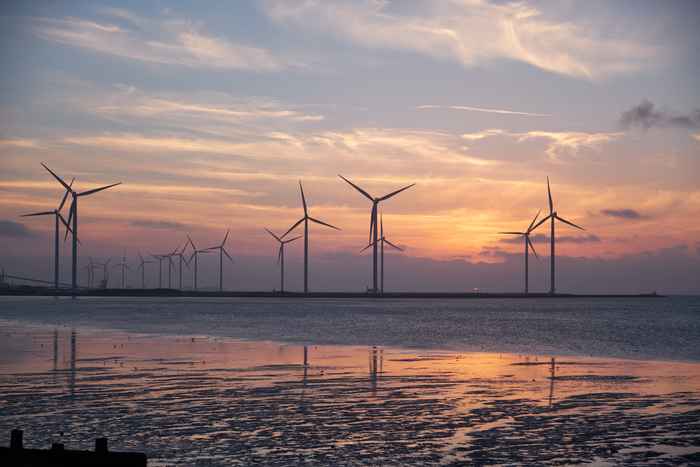Dutch economy lags behind in sustainability
17 January 2024

Global Decline
Globally, the report predicts a substantial decline that will reach its lowest level in three decades by 2030. This comes as a result of ongoing economic and geopolitical shocks. Global growth in the past decade has been very limited compared to earlier periods, and the post-pandemic recovery is losing momentum. The total global GDP is currently higher than pre-pandemic levels, but the growth rates in 2023 remain below 4% for both high-income and low-income countries.
According to Professor Volberda, most countries continue to ‘grow in ways that are not sustainable and not inclusive, where not everyone can benefit from economic growth. They are also limited in their ability to generate innovation and minimise global shocks.’
Netherlands in the Leading Group for Innovation and Inclusivity
The Netherlands is ranked in the international top 10 for innovation capacity (6th place), inclusivity (7th place), and a resilient economy (8th place). The growth path of the Netherlands is typically found in a group of high-income countries - Austria, Switzerland, Germany, Denmark, Finland, France, the United Kingdom, the Netherlands, and Sweden in Europe, along with Japan and South Korea in East Asia. ‘Within that leading group, we see that countries like Switzerland, Sweden, Finland, and Denmark perform much better than the Netherlands,’ notes Volberda.
Poor Score in Sustainability
The Netherlands scores significantly lower in sustainability, holding a middle position with a score of 50.6% (36th place). This position comes in spite of significant investments in renewable energy (0.9% of GDP) and increasing regulation for renewable energy. Volberda points out, ‘The declining biodiversity, the large annual greenhouse gas emissions (10 billion tons per capita over the past century), the limited consumption of renewable energy (10.8% of total energy consumption), the limited number of green patents (focused on sustainability), and substantial fossil subsidies ($1,364 per capita) are major barriers to sustainable growth.'
More Information
Contact professor Henk Volberda for more information about the report and the findings.